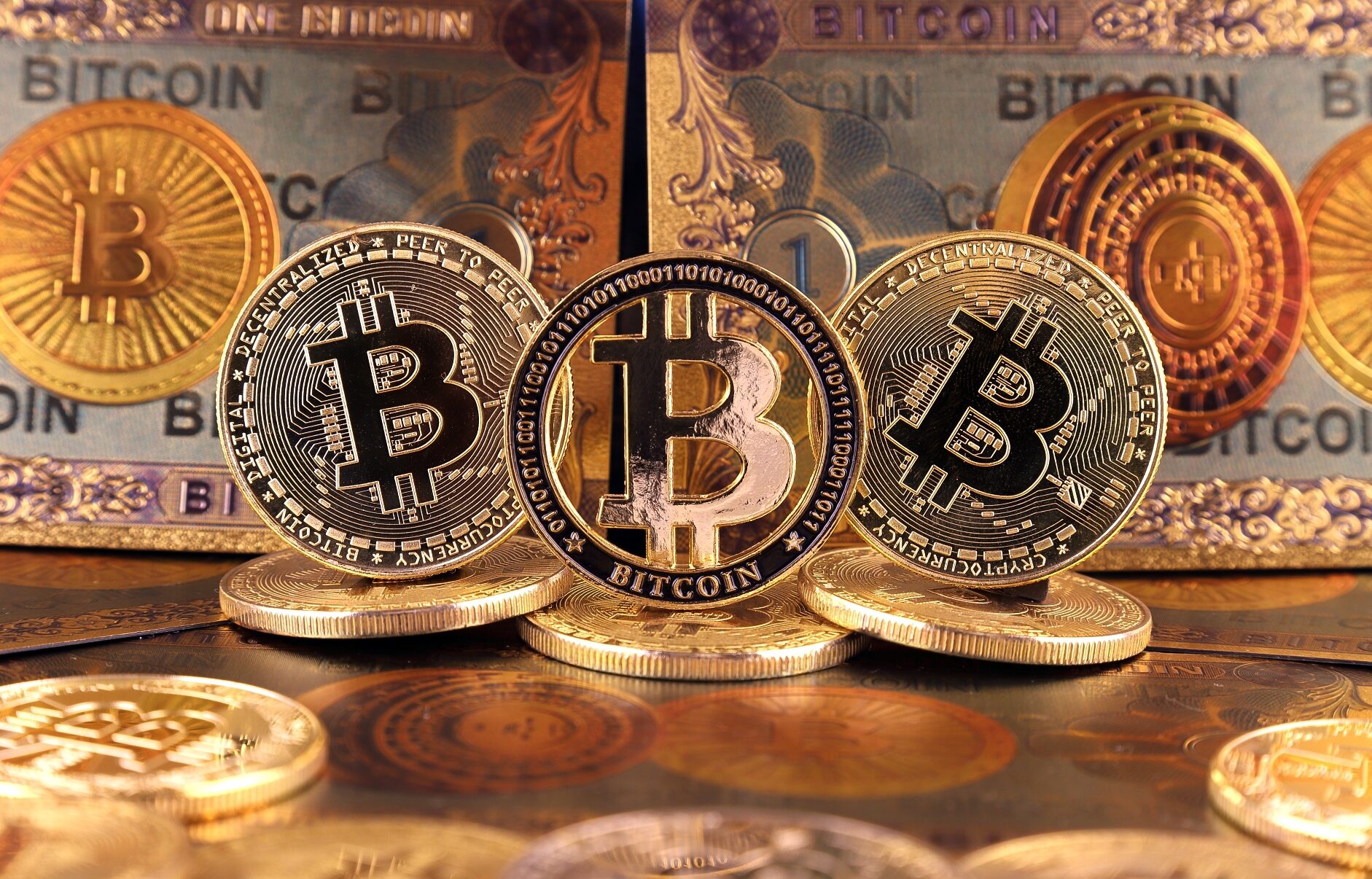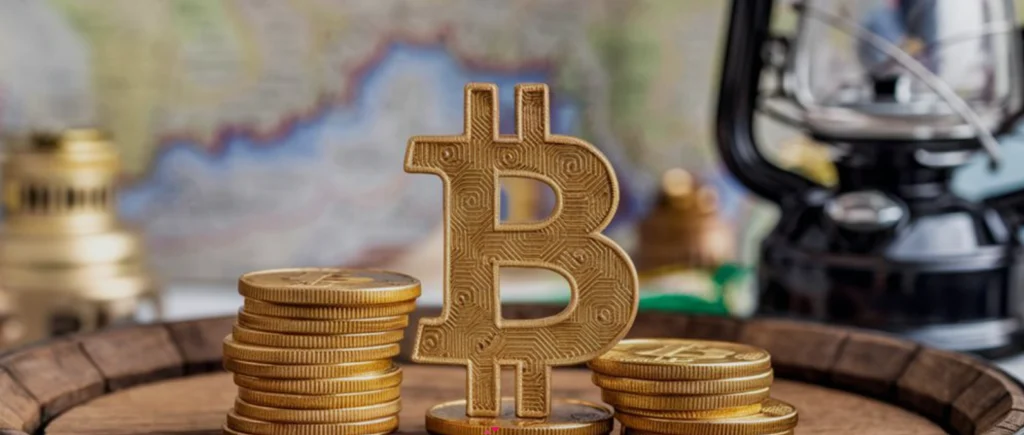Pakistan has officially announced its national Bitcoin reserve strategy during a private meeting at the White House with Donald Trump’s crypto advisory team. This has astonished both financial analysts and political onlookers. The meeting represents a significant step forward for Pakistan’s economic policy as the country explores the use of Cryptocurrency Trends within its banking system. People believe this project is a response to the unstable economy, the declining value of the Pakistani Rupee, and the growing need for decentralised financial options among young people and the developing IT sector in the country.
Pakistan Turns to Bitcoin Reserve
Pakistan has been grappling with economic challenges such as inflation, limited foreign exchange reserves, and a growing reliance on foreign aid and remittances for years. With all this uncertainty, the rise of digital currencies has provided people with a valuable way to diversify their investments. Bitcoin Nears , often referred to as “digital gold,” has gained significant popularity among freelancers, blockchain businesses, and fintech innovators in Pakistan.
 The State Bank of Pakistan has warned people in the past not to use unregulated digital assets, but due to recent changes in global finance and an increase in their use in stores, the government has had to reconsider its stance. The Ministry of Finance and the Ministry of Information Technology of Pakistan collaborated to develop a plan that involves establishing a Bitcoin reserve. The goal is to protect the country’s economy from future global financial crises.
The State Bank of Pakistan has warned people in the past not to use unregulated digital assets, but due to recent changes in global finance and an increase in their use in stores, the government has had to reconsider its stance. The Ministry of Finance and the Ministry of Information Technology of Pakistan collaborated to develop a plan that involves establishing a Bitcoin reserve. The goal is to protect the country’s economy from future global financial crises.
Pakistan, U.S. Advance Crypto Diplomacy
People from Trump’s cryptocurrency team, including well-known names such as former Facebook executive David Marcus and cryptocurrency entrepreneur Brock Pierce, attended the high-level meeting at the White House. These advisors have played a crucial role in shaping the former president’s pro-crypto agenda, which includes reducing the regulation of blockchain-based systems and helping the U.S. establish leadership in the digital economy.
Pakistan’s delegation discussed its comprehensive reserve plan during the conference. The plan calls for spending approximately $500 million initially to purchase Bitcoin, Ethereum, and certain stablecoins. Cold wallets will hold these assets, while U.S.-based companies like Anchorage Digital and Fireblocks will handle them through custodianship agreements. These custodial partners will also provide real-time transparency dashboards to ensure that they comply with international rules, including the FATF’s travel rule. This diplomatic effort, sometimes referred to as “crypto diplomacy,” aims to facilitate collaboration between Pakistan and the United States on technology transfer, digital asset regulation, and innovative financial solutions.
Pakistan Eyes Bitcoin for Independence
Pakistan’s reasons are based on economic need and political strategy. The Pakistani government is seeking measures to diversify its reserves, as foreign trade is becoming increasingly dollarized, and the country has a substantial debt. Bitcoin is a deflationary hedge that can’t be affected by currency manipulation or inflationary policies. It may also serve as a long-term store of wealth, unlike traditional fiat reserves.
The move also has a geopolitical dimension. Pakistan aims to establish strategic tech relationships that aren’t under China’s control by collaborating with U.S. crypto companies and supporters of the Trump administration in the digital asset space. Beijing is very involved in Pakistan’s infrastructure through the China-Pakistan Economic Corridor (CPEC). This shift is a balancing act that lets Pakistan look into becoming financially independent and pursuing diplomacy with more than one country.
Crypto Reserve Plan Draws Global Reactions
The announcement has sparked considerable discussion. The IMF and the World Bank, two international financial institutions, have warned against the risks of crypto asset volatility and illicit finance. Pakistan has promised these organisations, however, that third-party forensic firms will review all transactions and custody operations, and that the new National Crypto Compliance Framework will oversee them.
Most people in the crypto business have been very positive about the news. Michael Saylor, a well-known figure in the industry due to MicroStrategy’s Bitcoin investments, described the move as “forward-thinking monetary policy in a digital world.” The digital community in Pakistan has also reacted enthusiastically. Blockchain developers and fintech startups have called the reserve plan a “historic step” for national sovereignty and innovation.
Pakistan Builds Blockchain Oversight Framework
Pakistan is working on its first national blockchain infrastructure project to help this effort. Later this year, the government will establish the Digital Asset Custodial Authority (DACA), which will be responsible for overseeing crypto transactions, custody regulations, and ensuring seamless integration with international platforms. The strategy also includes an education campaign organised by the Higher Education Commission (HEC) to teach people how to work with blockchain, cryptography, and digital money.
 The government has also promised to work with technologies like Chainalysis and CipherTrace to conduct more advanced blockchain analytics and monitor money laundering. The goal of these partnerships is to provide Pakistan with the technology it needs to detect illegal activities while maintaining transparency and oversight under government control.
The government has also promised to work with technologies like Chainalysis and CipherTrace to conduct more advanced blockchain analytics and monitor money laundering. The goal of these partnerships is to provide Pakistan with the technology it needs to detect illegal activities while maintaining transparency and oversight under government control.
Final thoughts
Pakistan’s bold move is likely to encourage other developing countries facing currency devaluation and economic stress to follow suit. Countries like Turkey, Egypt, and Nigeria are closely monitoring the situation and reviewing their own Bitcoin reserve strategies. In a world where people are less confident about the future of the U.S. dollar and established economic institutions, the idea of decentralised asset holdings at the national level is becoming increasingly intriguing.
This is the start of what officials in Pakistan are calling a “Digital Sovereignty Doctrine.” Cryptocurrencies will play a significant role in stabilising the country’s macroeconomic policy and opening up new avenues for foreign investment, particularly in the rapidly growing digital economy sector.


